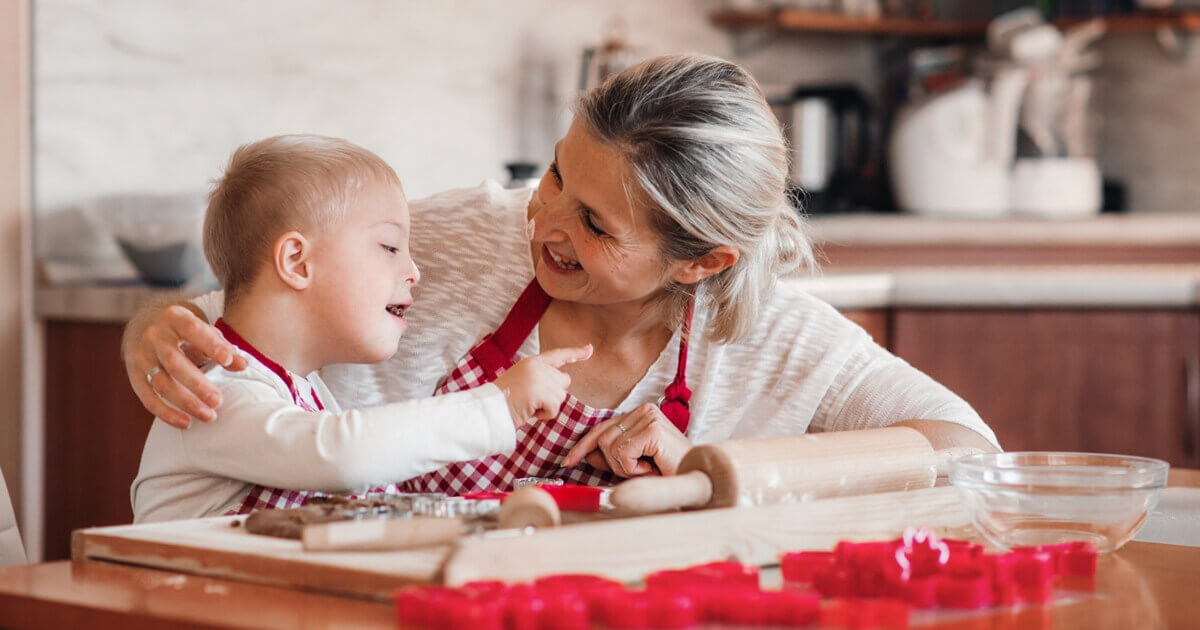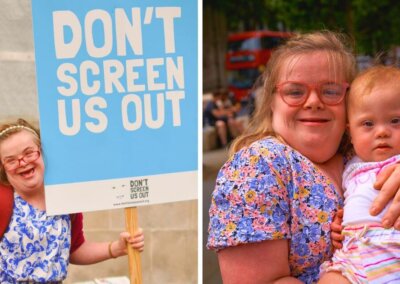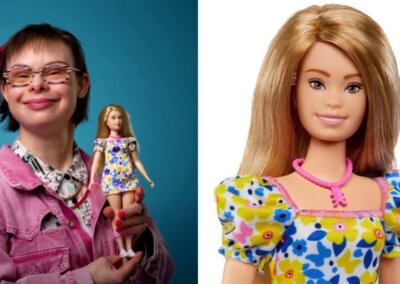Pregnant mothers who refuse to abort their children with Down’s syndrome are being pressured by some medical professionals to change their decision, a report has revealed.
One mother, whose child is now three-years-old, said medical professionals told her they could leave her baby with Down’s syndrome to die if it was struggling after birth.
Another mum told how even at 38 weeks pregnant she was being offered an abortion.
Emma Mellor, the mother of five-year-old Jamie, said: “In all honesty I think we must have been offered about 15 terminations”.
“At 38 weeks they made it really, really, really clear, that if I changed my mind on the morning of the induction to let them know, because it wasn’t too late; until the baby had started travelling down the birth canal, I could still terminate.”
Nicola Sparrow was offered an abortion at 37 weeks, after being told she would be induced the next morning.
The mother of three-year-old Lily said, “I was being told I still had options to whether I was going to have my baby or not and then also that if she was born not breathing or struggling to breathe, that they were willing to not help my baby, they were willing to just leave her.”
The research, from Positive About Down Syndrome (PADS), shows that even after being offered an abortion and informing medical professionals that they wished to keep their baby, 46 percent of mothers were asked again if they wanted to abort.
The findings highlight the ongoing systemic discrimination towards expectant parents of a baby with Down’s syndrome and the assumption by medical professionals that an expectant woman will terminate when discovering their baby has Down’s syndrome.
PADS are urging the Government to ensure expectant parents of a baby with Down’s syndrome are shown the same level of respect and care as any expectant parent.
They want MPs to support plans that will standardise information and support given by all medical professionals across the UK and to ensure access to relevant support groups is available at screenings.
Nicola Enoch, founder of PADS, said:
“Women are making life or death decisions influenced by outdated and prejudicial views by many medical professionals.
“Expectant women are not given accurate information about the reality of life with Down’s syndrome. There is very limited support and an overriding assumption to terminate. It is no wonder that 90 percent of women go on to terminate given these circumstances.
“I know I could have been one of those 90 percent, I would have considered termination had I received a definitive result and that terrifies me – how many women are being misinformed and misled.”
The survey gathered information from 1,410 mothers who have given birth to a child with Down’s syndrome since 2000.
Lynn Murray, founder of Don’t Screen Us Out, said:
“The inherent inequalities in antenatal screening have to be a consideration of all staff involved in screening programmes and must be addressed. As such, the social model of disability should take on a greater importance than previously afforded and positive awareness should remain uppermost in people’s minds.”
Dr Elizabeth Corcoran of Down’s Syndrome Research Foundation UK added:
“Research into the health issues affecting people with Down’s syndrome has been hampered and blocked by the ingrained belief that the only way to help the Down’s syndrome community is to reduce their numbers.
“Millions [of pounds] in funding has been poured into running and refining the screening [process] whilst only £5.33 per person per year is spent on research that could improve the lives of people with Down’s syndrome.”












